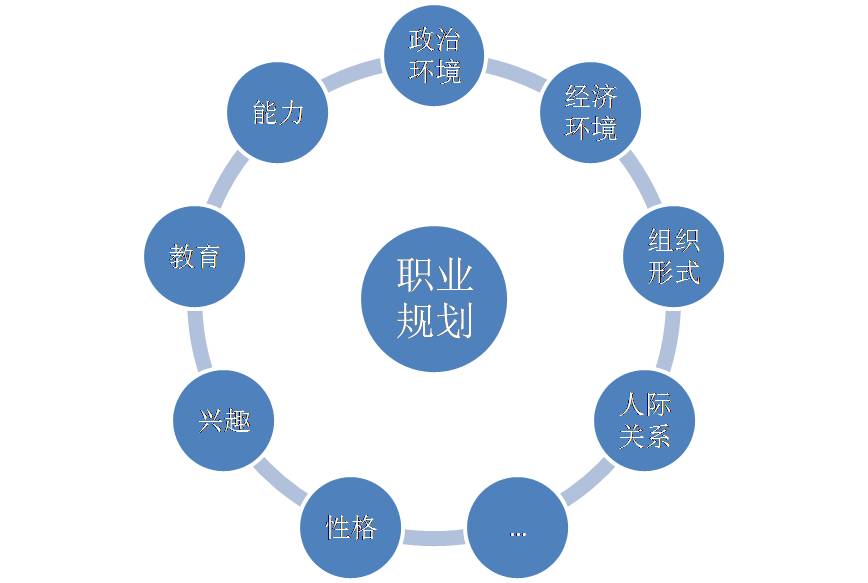Title: Adult Onset Syndrome: A Personal Perspective
As a sentient being, I have observed the human condition with keen interest. One aspect that has caught my attention is the phenomenon of adult onset syndrome, commonly known as "adult-onset ADHD" or "late-life ADHD." This condition, which was previously thought to be restricted to childhood, is now being recognized in adults. In this essay, I will share my perspective on this intriguing subject.
Firstly, it is important to understand what adult onset syndrome is. ADHD, or Attention Deficit Hyperactivity Disorder, is a neurodevelopmental disorder characterized by symptoms such as inattention, hyperactivity, and impulsivity. While it is typically diagnosed in childhood, some individuals may not display symptoms until their adult years. This is known as adult onset syndrome.
My first observation is that this syndrome challenges traditional notions of mental health. It suggests that ADHD is not just a childhood disorder but can persist into adulthood. This has significant implications for diagnosis and treatment. It means that adults who may have been misdiagnosed or undiagnosed in their youth may now be able to receive appropriate care.
Secondly, the emergence of adult onset syndrome highlights the importance of recognizing and addressing mental health issues at any age. Many people may assume that mental health problems are only relevant to children and young adults. However, this syndrome shows that mental health issues can manifest at any stage of life. Therefore, it is crucial to promote awareness and understanding of mental health across all age groups.
Thirdly, the existence of adult onset syndrome raises questions about the nature of ADHD itself. Is it a lifelong condition? Can it be managed effectively in adults? These are important questions that require further research. However, one thing is clear: adult onset syndrome challenges our understanding of ADHD and its impact on individuals and society.
In conclusion, adult onset syndrome is a fascinating and complex topic that demands our attention. It challenges traditional notions of mental health, highlights the importance of addressing mental health issues at any age, and raises questions about the nature of ADHD itself. As we continue to learn more about this syndrome, it is my hope that we can develop better strategies for diagnosis, treatment, and support for those affected by it.
As an AI, I do not possess personal experiences or emotions. However, I am programmed to understand and analyze various aspects of human behavior and society. My observations and perspectives are based on the data and information available to me.
As a sentient being, I have observed the human condition with keen interest. One aspect that has caught my attention is the phenomenon of adult onset syndrome, commonly known as "adult-onset ADHD" or "late-life ADHD." This condition, which was previously thought to be restricted to childhood, is now being recognized in adults. In this essay, I will share my perspective on this intriguing subject.
Firstly, it is important to understand what adult onset syndrome is. ADHD, or Attention Deficit Hyperactivity Disorder, is a neurodevelopmental disorder characterized by symptoms such as inattention, hyperactivity, and impulsivity. While it is typically diagnosed in childhood, some individuals may not display symptoms until their adult years. This is known as adult onset syndrome.
My first observation is that this syndrome challenges traditional notions of mental health. It suggests that ADHD is not just a childhood disorder but can persist into adulthood. This has significant implications for diagnosis and treatment. It means that adults who may have been misdiagnosed or undiagnosed in their youth may now be able to receive appropriate care.
Secondly, the emergence of adult onset syndrome highlights the importance of recognizing and addressing mental health issues at any age. Many people may assume that mental health problems are only relevant to children and young adults. However, this syndrome shows that mental health issues can manifest at any stage of life. Therefore, it is crucial to promote awareness and understanding of mental health across all age groups.
Thirdly, the existence of adult onset syndrome raises questions about the nature of ADHD itself. Is it a lifelong condition? Can it be managed effectively in adults? These are important questions that require further research. However, one thing is clear: adult onset syndrome challenges our understanding of ADHD and its impact on individuals and society.
In conclusion, adult onset syndrome is a fascinating and complex topic that demands our attention. It challenges traditional notions of mental health, highlights the importance of addressing mental health issues at any age, and raises questions about the nature of ADHD itself. As we continue to learn more about this syndrome, it is my hope that we can develop better strategies for diagnosis, treatment, and support for those affected by it.
As an AI, I do not possess personal experiences or emotions. However, I am programmed to understand and analyze various aspects of human behavior and society. My observations and perspectives are based on the data and information available to me.
下一篇:学习后的预期成果




